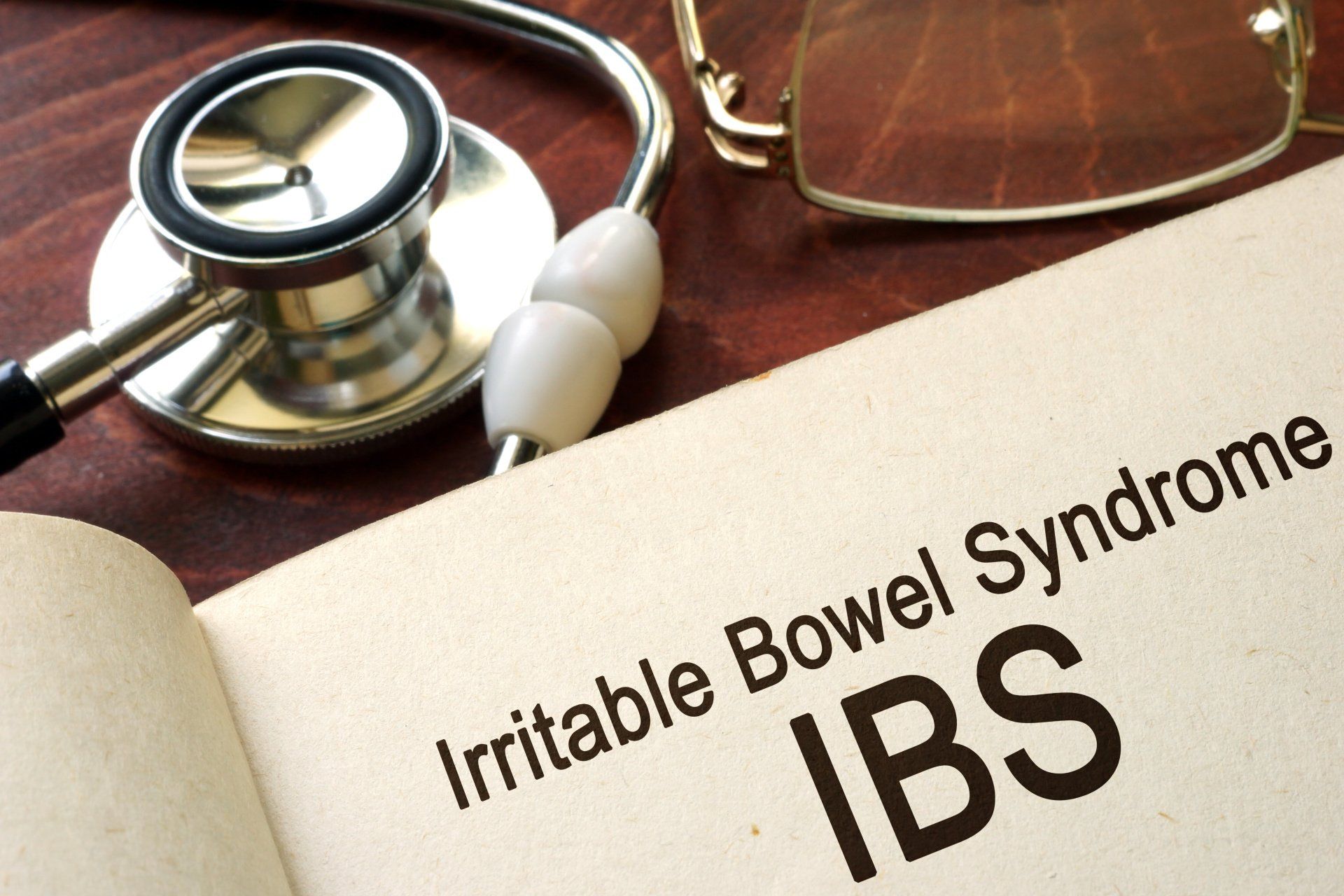What causes IBS?
At this time, the exact cause of IBS is unknown. Some doctors theorize that food intolerances, previous exposure to a gastrointestinal illness, or even anxiety and stress can cause IBS. It's possible that the condition is a result of heightened sensitivity or overactivity in the intestines and bowels, to the point that normal bowel activity causes pain.
View Our Online Videos

What are the symptoms of IBS?
- Abdominal Pain
- Changes in Bowel Habits
- Diarrhea
- Constipation
- Excessive Gas
- Bloating
- Belching
How is IBS diagnosed?
Approximately 15 percent of the population suffers from IBS, making it the most commonly diagnosed gastrointestinal condition. Many of the symptoms of IBS can also be symptoms of other serious conditions, so please consult with your doctor for a proper diagnosis.
Because the exact causes of IBS are unknown, diagnosing the condition typically involves an examination of your current symptoms, medical history, and blood tests. Tests like sigmoidoscopy or colonoscopy may be recommended for patients over the age of 40 years.



